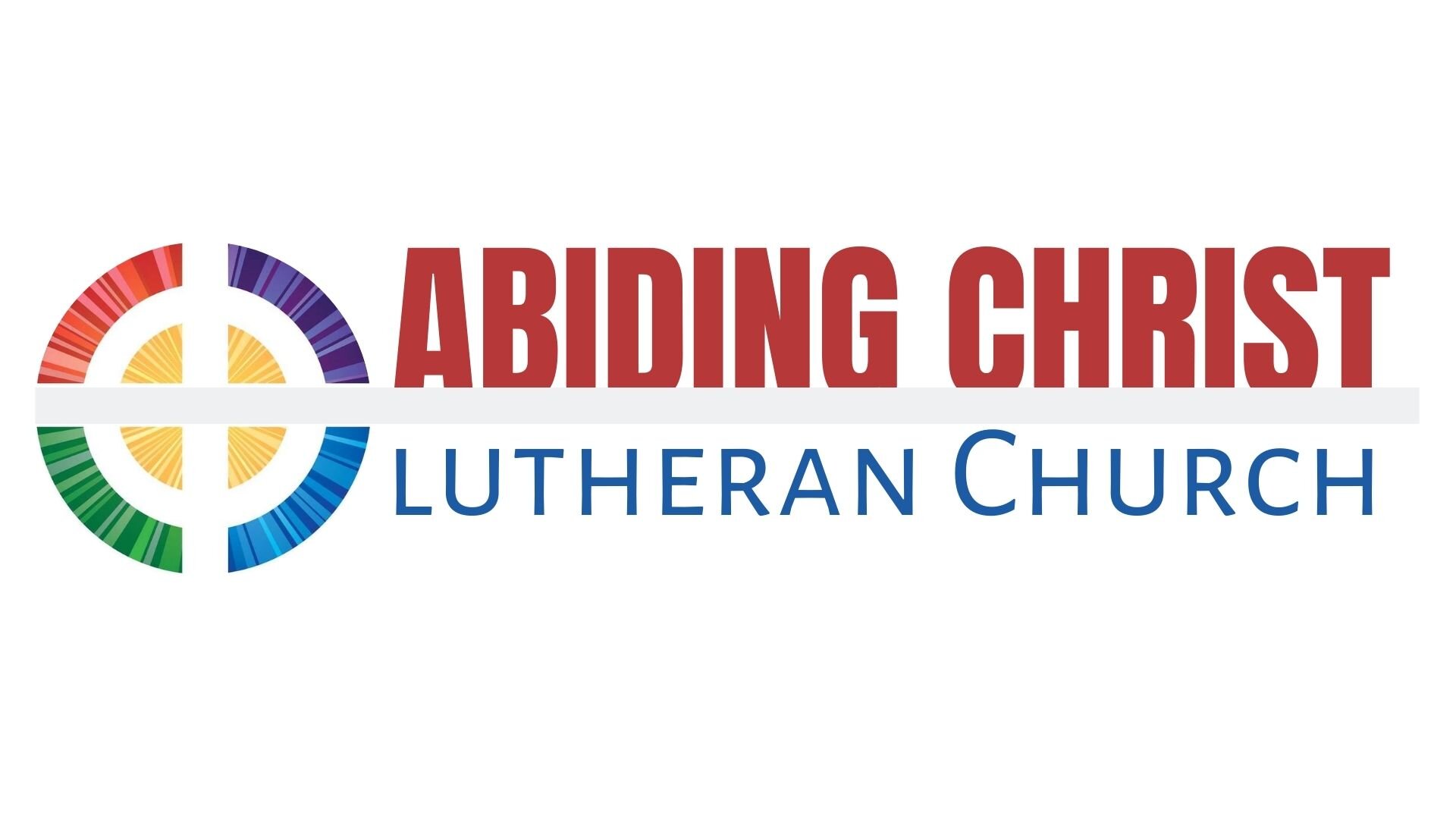Marcus Prudentius
I Colossians 1:16-18
In him all things in heaven and on earth were created, things visible and invisible, whether thrones or dominions or rulers or powers—all things have been created through him and for him. He himself is before all things, and in him all things hold together. He is the head of the body, the church; he is the beginning, the firstborn from the dead, so that he might come to have first place in everything.
Of the Father's Love Begotten LBW 58
1 Of the Father's love begotten ere the worlds began to be,
he is Alpha and Omega, he the source, the ending he,
of the things that are, that have been, and that future years shall see, evermore and evermore.
2 Oh, that birth forever blessed, when the virgin, full of grace,
by the Holy Ghost conceiving, bore the Savior of our race,
and the babe, the world's redeemer, first revealed his sacred face, evermore and evermore.
3 This is he whom seers in old time chanted of with one accord,
whom the voices of the prophets promised in their faithful word;
now he shines, the long-expected; let creation praise its Lord, evermore and evermore.
4 Let the heights of heav'n adore him; angel hosts, his praises sing;
pow'rs, dominions, bow before him and extol our God and King;
let no tongue on earth be silent, ev'ry voice in concert ring, evermore and evermore.
5 Christ, to thee, with God the Father, and, O Holy Ghost, to thee,
hymn and chant and high thanksgiving and unwearied praises be:
honor, glory, and dominion, and eternal victory, evermore and evermore! Amen.
Text: Marcus Aurelius Clemens Prudentius, 348-413; tr. Martin Luther
From the beginning the Church has been troubled by heresies. One of the first, and worst, was Arianism, a belief that Jesus was not God by nature, but rather was a righteous man sent by God to save us. It was condemned by the First Council of Nicaea in 325, when the newly legalized Christian Faith was adopted as the official religion of the Roman Empire. Even so, Arianism was an immensely popular and troublesome theology.
Marcus Aurelius Clemens Prudentius was a Spanish Christian who lived at the time of this heresy. In this hymn, he presented a poetic defense of the Orthodox Faith. Remember, this was before the Bible was canonized, so hymns and creeds held an important place in the life of the church. This hymn was translated and used by Martin Luther to celebrate the Nativity.
Prayer: Father, we are so often and easily led astray. The truth of our Lord’s nature is clear and unambiguous; He is true man and true God - for only a man could speak to us and only a God could save us. We thank you for this mystery of the faith, that we might be saved. Amen

